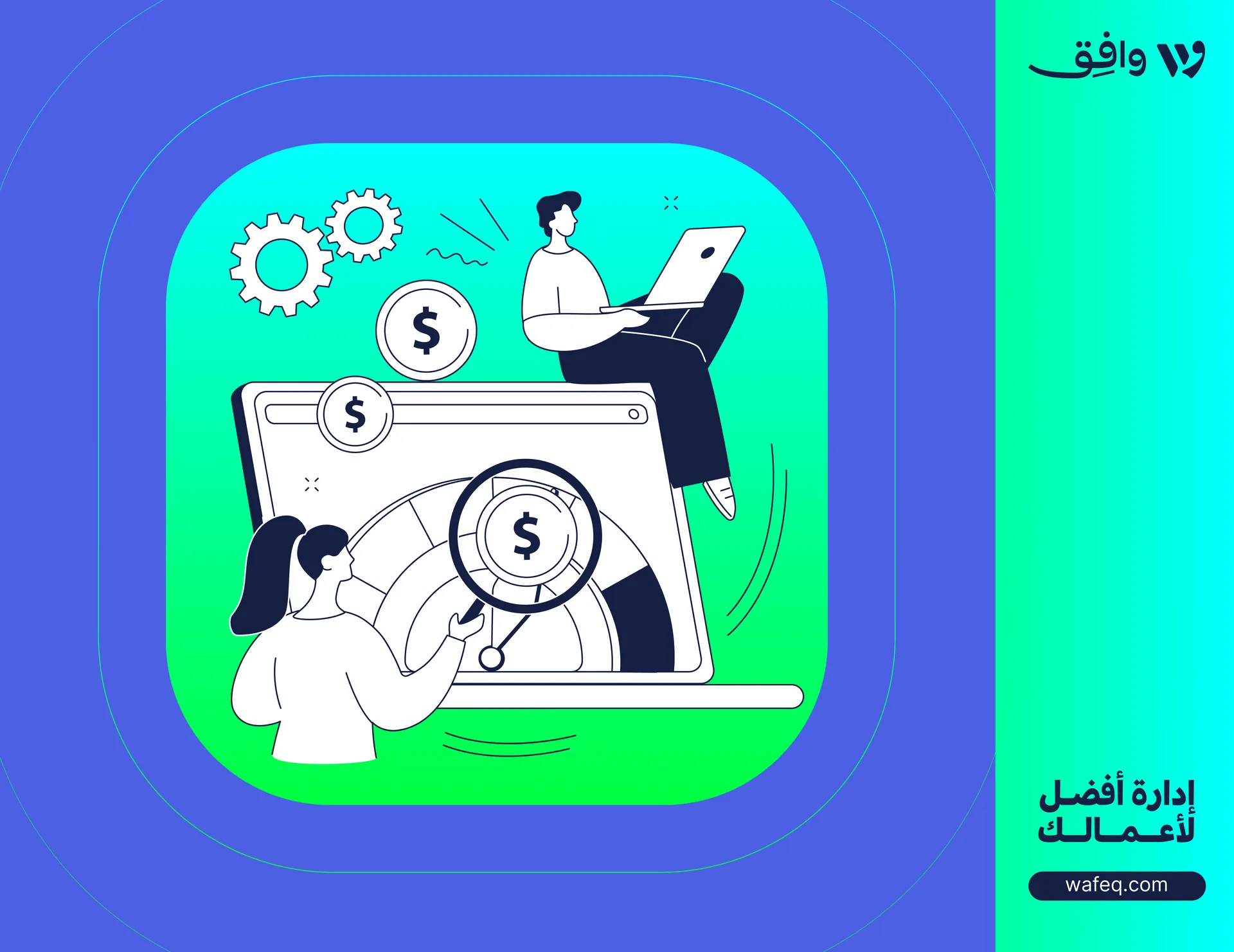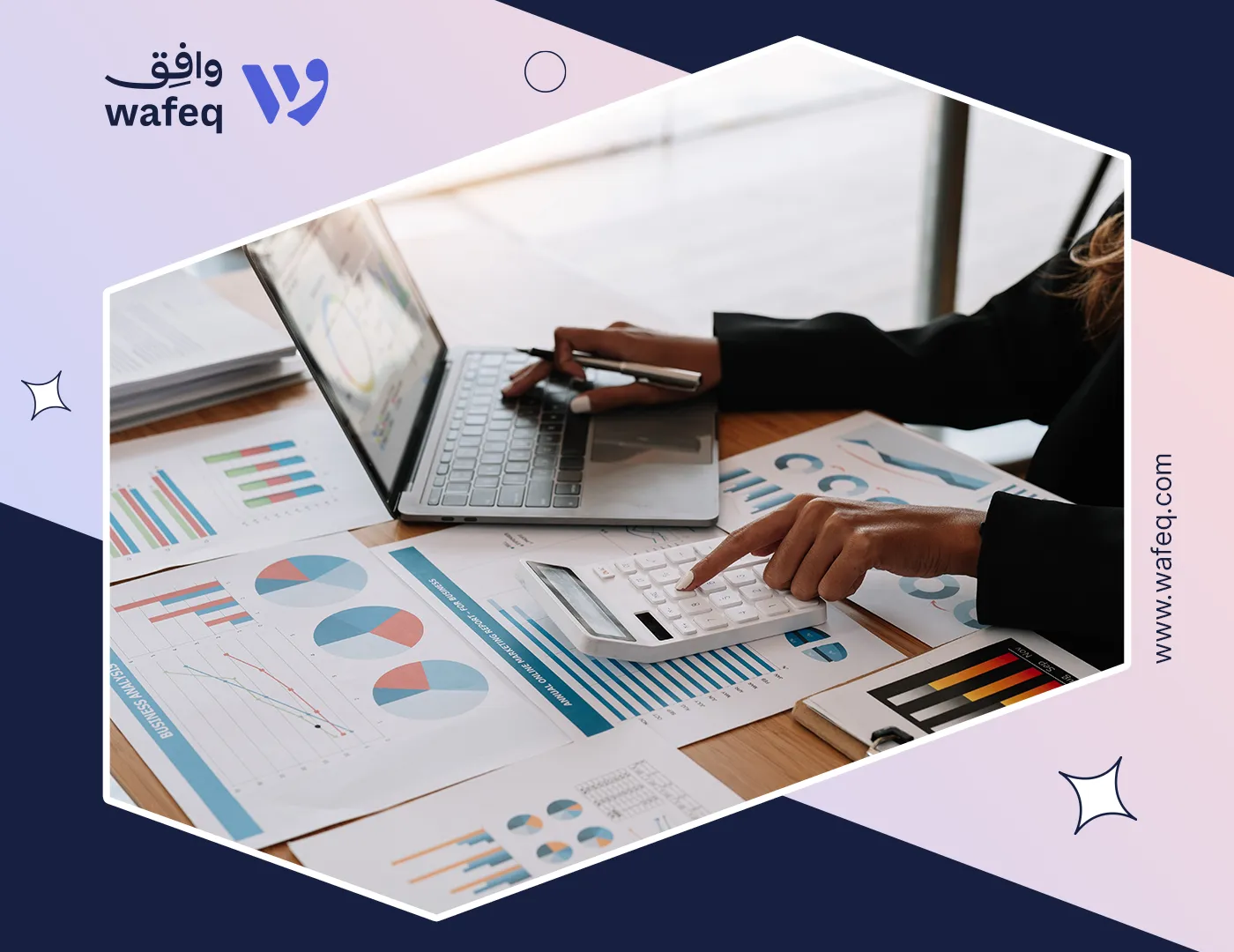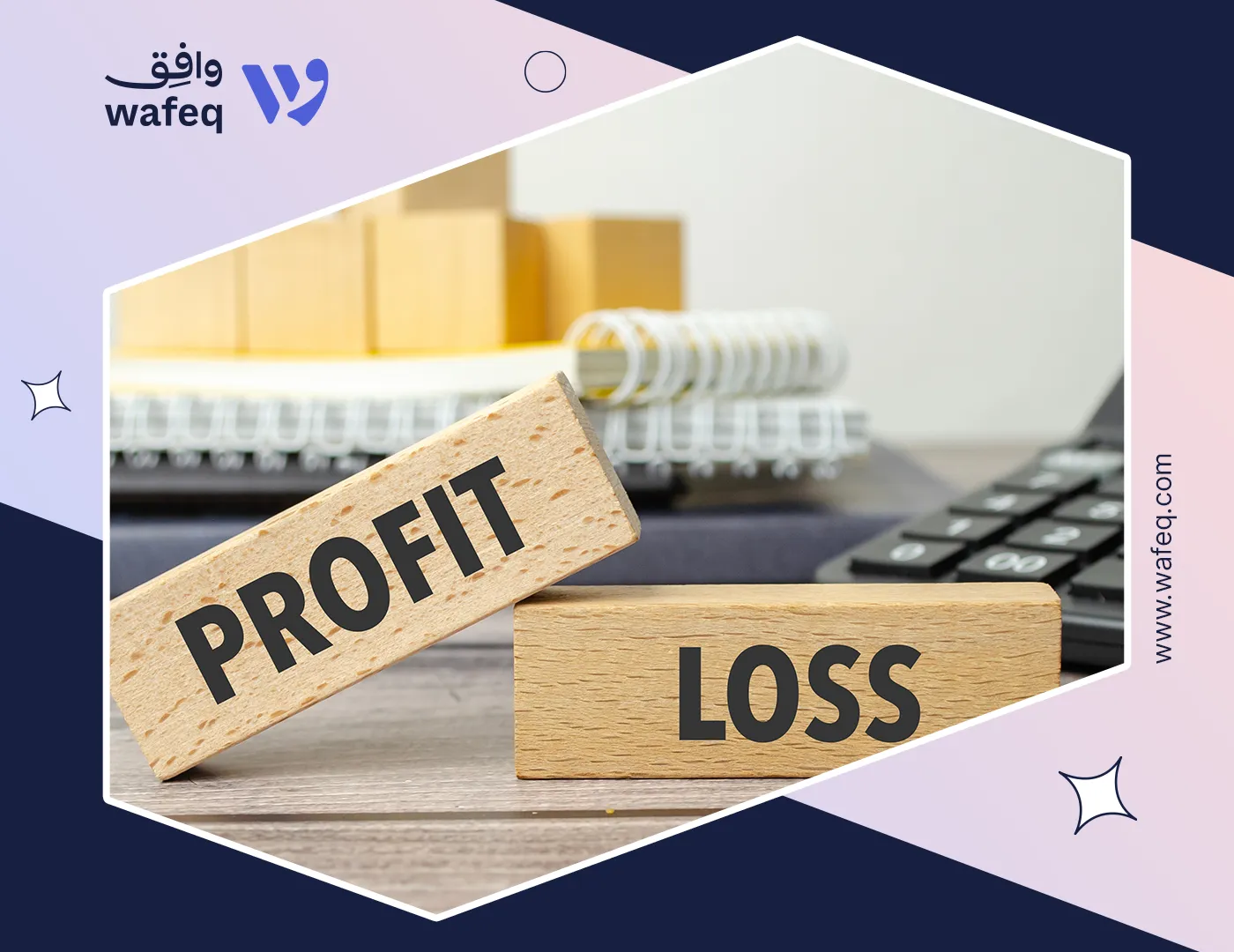Accounting Basics Guide for Beginners
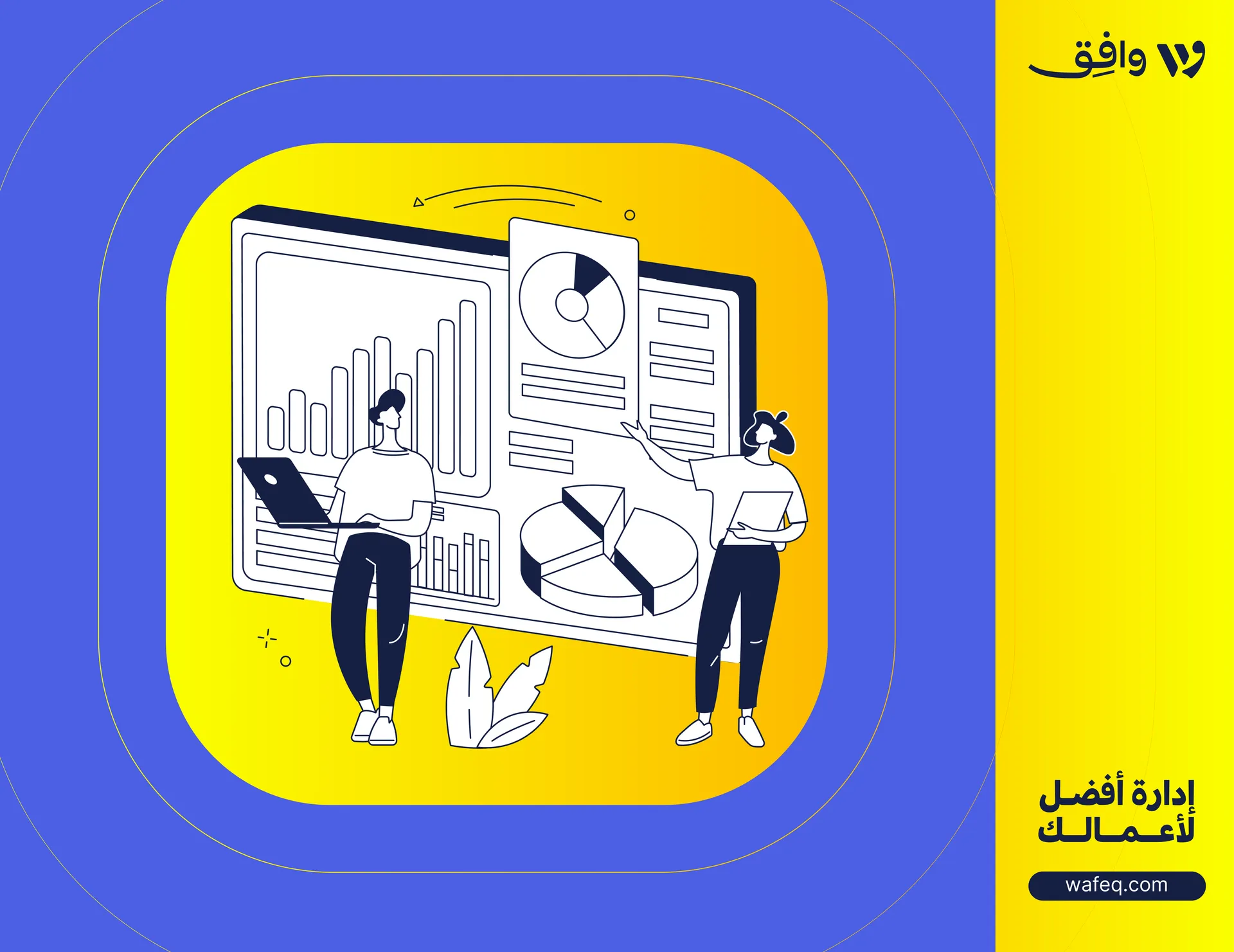
What are Accounting Basics?
This valuable and informative accounting basics guide will help you understand all the principles, concepts, and terms. Once you know several of these concepts, finding your way around business finance management will be easy.
It doesn't make a difference if you like to work with numbers or if you're more of a creative person. Startups and companies of all sizes need to know how their businesses are doing financially and in accounting basics.
Read more about Accounting in the Modern World.
Like many other jobs, accounting has both strategic and analytical tasks. It's more than just keeping track of transactions or paying taxes. Accounting is thinking about how regulatory agencies, organizations, and tax collectors will use your financial records. You will learn terms like "revenue," "expense," "asset," "liability," "income statement," "balance sheet," and "statement of cash flows." As we explain how to validate data and record transactions, you'll also learn quite a lot about debits and credits.
Here, you will also learn why the revenue recognition and matching principles ensure that a company's income statement shows how profitable the company is.
In explaining basic accounting and the training materials, we will leave out some accounting complexities to clarify the reasons. We will explain the accounting basics by giving you examples that are clear and easy to understand.
Understanding Basics of Accounting with a Story
We will talk about accounting basics by telling the story of someone starting a new business. The person is named Abdullah. He is intelligent and knows that his community needs a package delivery service. Abdullah has researched his idea and made a business plan to assess its feasibility.
Abdullah has also talked to a lawyer about what kind of business he could start. They decided that a corporation was best for him because of his situation. Abdullah decides that Wasslak will be the name of his business. The lawyer also tells Abdullah about the different licenses and government identification numbers needed for the new company.
Abdullah is brilliant and works hard, but he admits that he doesn't know much about accounting. He thinks he'll use some accounting software. Still, he wants to talk to a certified public accountant before deciding. He asks his banker to suggest a professional accountant who can explain accounting to people who don't know much about it.
Abdullah wants to know how his new business is doing and seeks to figure out the financial statements. His banker suggests Samy, an accountant who has supported many small business clients of the bank.
In his first meeting with Samy, Abdullah asks him for an overall view of accounting and financial statements and why he needs accounting software. Samy can tell from Abdullah's business plan that thousands of transactions will probably need to be recorded each year.
He says that accounting software will make it possible to record, store, and look up all these transactions electronically. Abdullah can create the financial statements and other reports he needs to run his business with the help of accounting software.
Abdullah seems confused by the word "transaction." Hence, Samy provides him with five instances of transactions that Wasslak will have to document:
- Abdullah will almost certainly start his business with some of his own money. He is buying shares of Wasslak's common stock.
- Wasslak will have to buy a robust and reliable vehicle to make timely deliveries.
- The business will start charging customers for delivering their packages and making money.
- The business will get the money that was earned in fees.
- Keeping the business running will cost money, like paying Abdullah a salary, paying for the transport vehicle, running ad campaigns, etc.
Since thousands of these transactions are yearly, Abdullah should begin using accounting software like Wafeq from the start. Accounting software can make sales invoices and accounting entries simultaneously, write checks, automatically refresh accounting records, and do many other things.
By making it a habit to put all of Abdullah's business transactions for the day into Wafeq, he will be able to find the detailed information he needs to make good business decisions quickly and easily. Samy tells Abdullah that accounting's "transaction approach" is helpful, reliable, and informative. He has worked with some other owners of small businesses who believe it is sufficient to "know" that their company made $25,000 last year and is performing well.
Those are the people who ultimately consult Samy and seek expert financial advice. Suppose Abdullah puts all of Wasslak's transactions into his system. In that case, proper accounting software will let him easily print out his financial statements without any hassle.
If you are still in doubt, use Wafeq - The Accounting System to manage your business in an easy and efficient way.
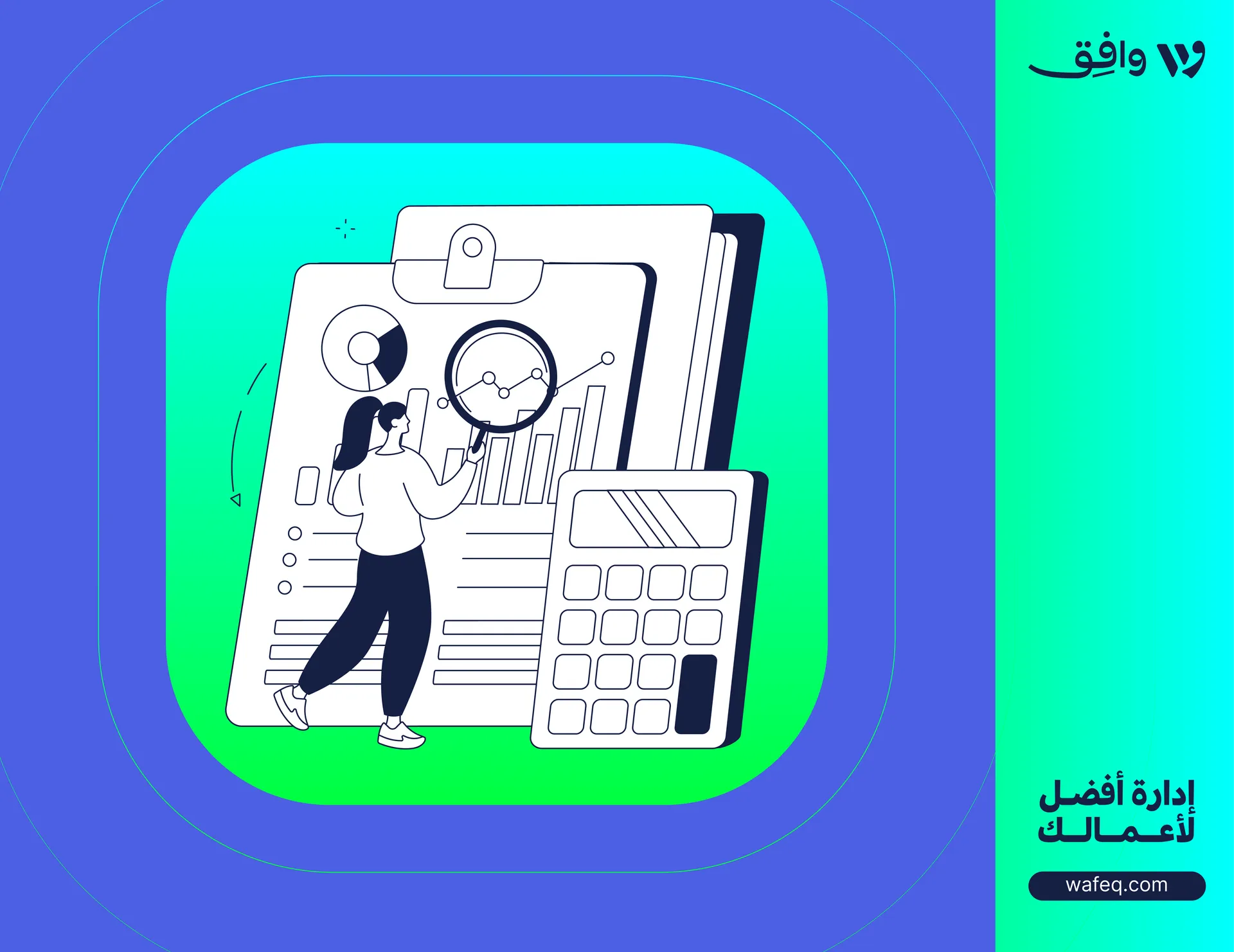




.png?alt=media)

